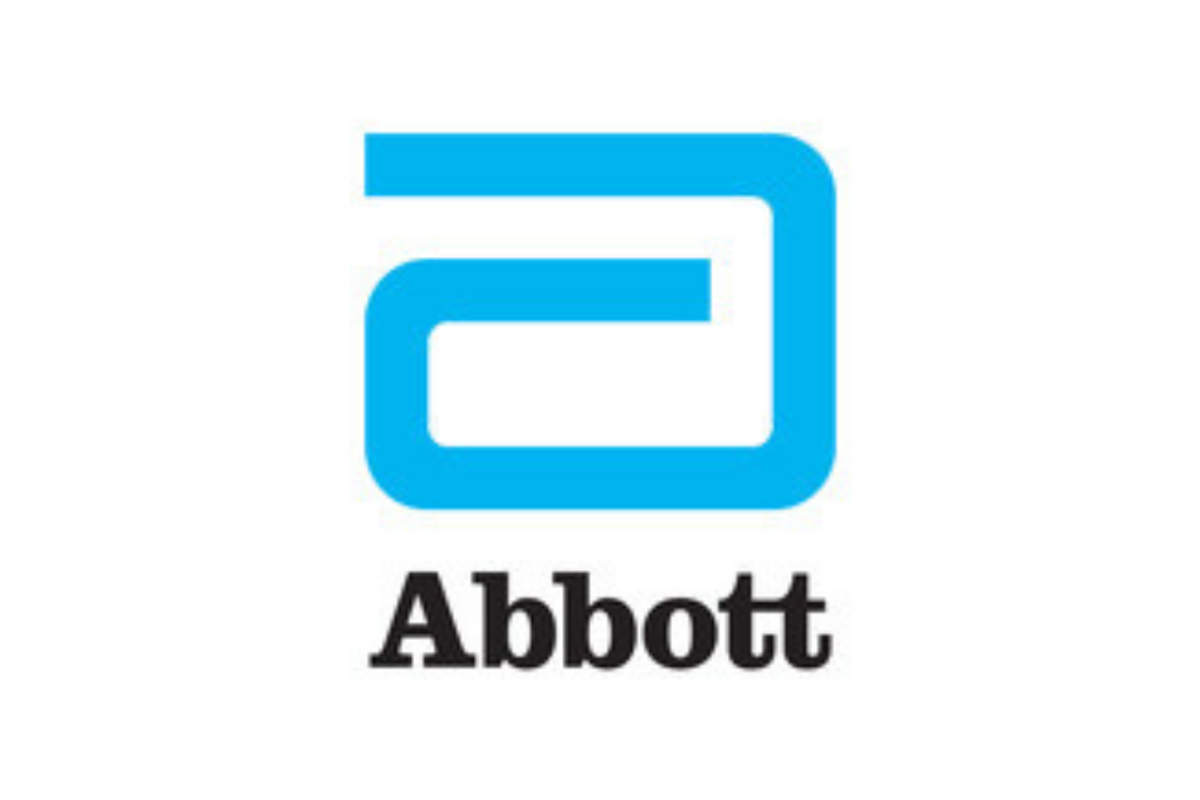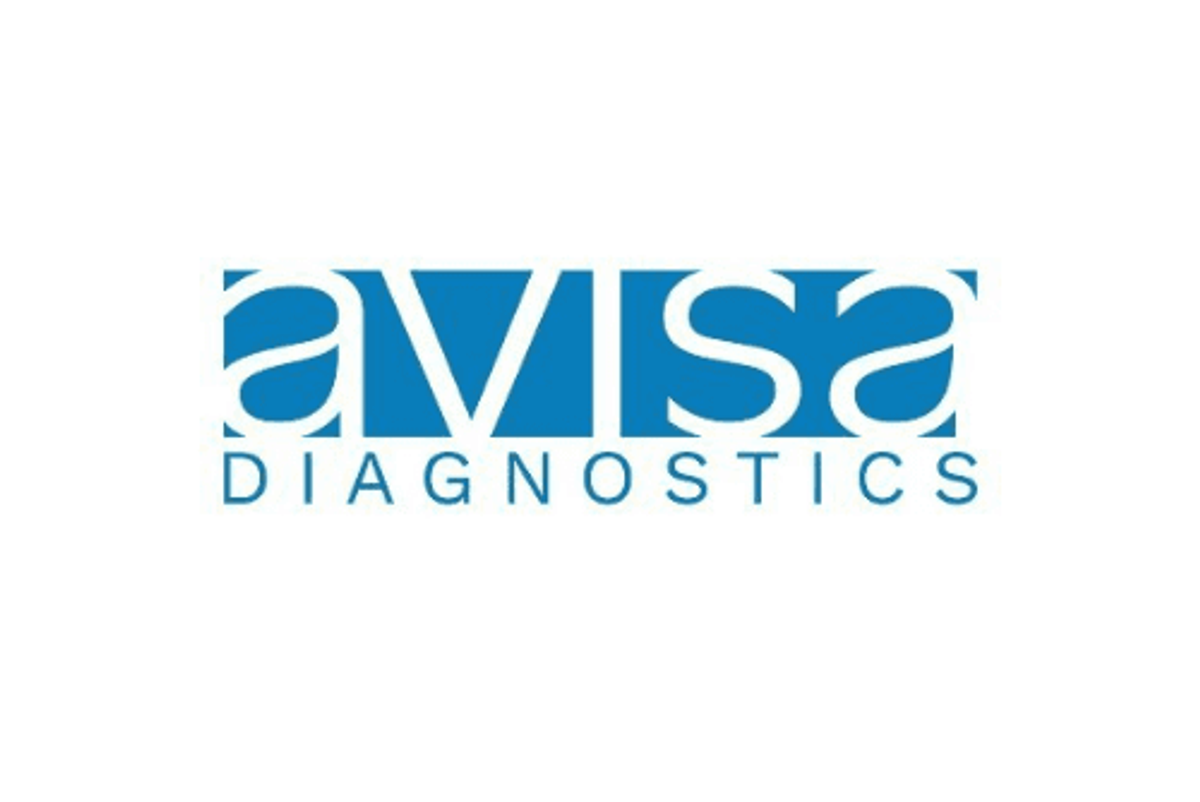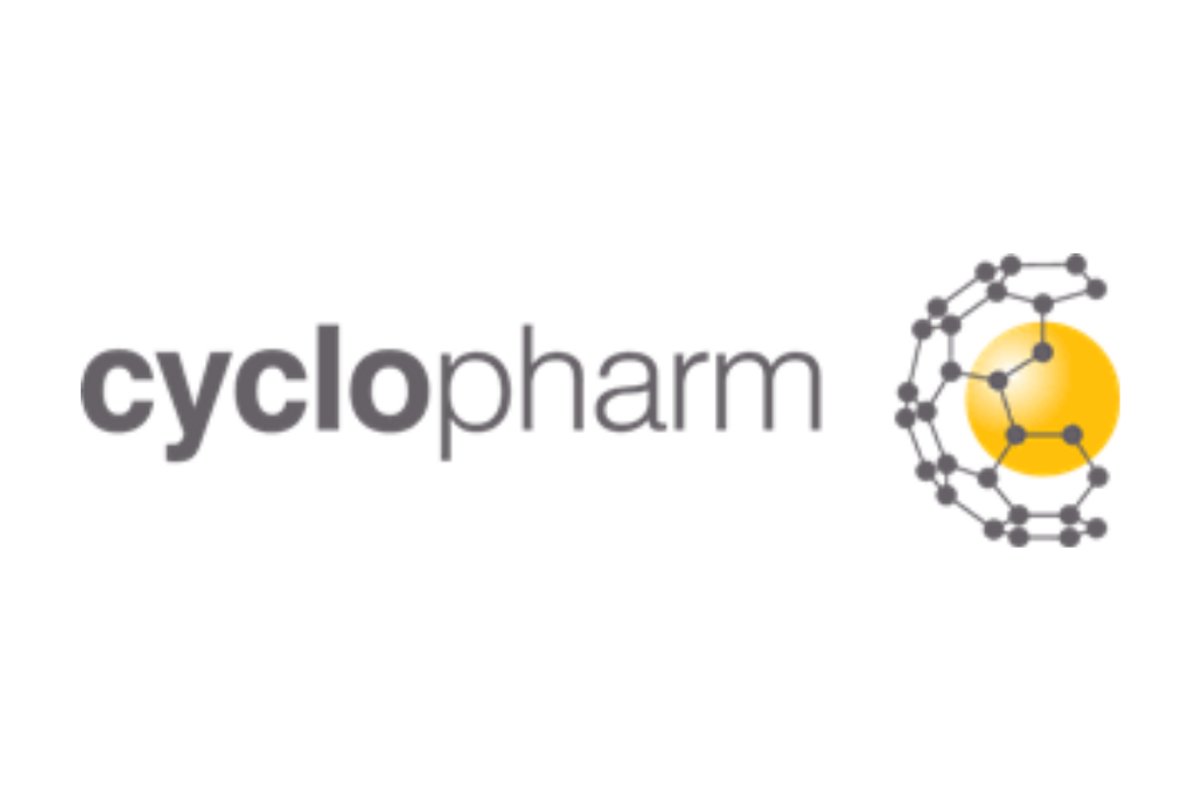- New results presented at Cardiovascular Research Technologies (CRT) 2023 demonstrate the safety of Navitor™ TAVI system and its effectiveness in minimizing blood leakage around the valve implant
- Latest data continue to show the benefits of Amplatzer™ Amulet™ LAA Occluder's immediate and complete closure of the LAA compared to Watchman‡
- Findings underscore the importance of innovative, minimally invasive treatment options for people battling complex heart conditions like aortic stenosis and atrial fibrillation
Abbott (NYSE: ABT) today announced late-breaking data for its next-generation Navitor™ transcatheter aortic valve implantation (TAVI) system. Results from the study supported Navitor's recent U.S. Food and Drug Administration (FDA) approval to treat people with severe, symptomatic aortic stenosis who are at high or greater risk for open-heart surgery.
The company also showcased late-breaking data for the Amplatzer™ Amulet™ Left Atrial Appendage (LAA) Occluder that continue to highlight the benefits of this device's immediate and complete closure of the LAA – a differentiator from competing therapies – for patients with atrial fibrillation (AFib) at risk of stroke.
The results of both studies were presented during late-breaking presentations at the annual Cardiovascular Research Technologies (CRT) meeting held in Washington, D.C. ( February 25-28, 2023 ). The findings reinforce the importance of continued advancements in minimally invasive technology that offer hope to patients with debilitating heart conditions.
New Results Highlight the Benefits of Navitor TAVI System
Following the development of Abbott's next-generation TAVI system, the company launched the PORTICO NG (Next Generation) study; a prospective, multi-center, international, single-arm trial that supported the recent FDA approval of the Navitor TAVI system. Navitor features an active sealing cuff to reduce or eliminate the backflow of blood around the valve (paravalvular leak, or PVL), a known challenge with early generation TAVI devices. Based on the results from that study, Navitor was found to be a safe and effective treatment option for patients with severe, symptomatic aortic stenosis who are at high or greater surgical risk.
In the PORTICO NG study, Navitor was found to offer:
- High rate of procedural success (97%)
- Low rate of all-cause mortality (1.9%) and disabling stroke (1.9%) at 30 days
- Excellent PVL results, including 0% moderate or greater PVL at 30 days, demonstrating effectiveness of the NaviSeal™ active sealing cuff
"Abbott's Navitor device offers a minimally invasive treatment option for severe aortic stenosis that can be lifesaving," said Michael Reardon , M.D., Alison Family Distinguished Chair of Cardiovascular Research and professor of cardiothoracic surgery at the Houston Methodist Hospital, who served as principal investigator for the study that led to FDA approval of Navitor. "The trial provides promising results on the safety and effectiveness of Navitor in addressing this common heart valve disease, highlighting a reduction in the backflow of blood around the valve due to the system's design."
New Findings From the Amulet IDE Study
The Amulet IDE trial is the largest randomized LAA occlusion study to date, consisting of more than 1,800 patients. Findings demonstrate the Amplatzer Amulet LAA Occluder with dual-seal technology (consisting of a lobe or piece to fill the cavity of the LAA and a disc to seal off the opening into the LAA) had fewer unresolved, severe peri-device leaks (PDLs), where blood leaks around the implant, compared to Boston Scientific's Watchman‡ device that has a single component to close the LAA. PDLs after LAA occlusion have been shown to be associated with poor five-year outcomes (ischemic stroke or systemic embolism).
The new data demonstrated:
- Larger LAA anatomy was a predictor of severe PDL with the Watchman device whereas there were no anatomical predictors with the Amplatzer Amulet
- Severe PDLs with the Amulet device were less common and resolved over time more often than with Watchman
- Severe PDLs with Amulet were less commonly associated with adverse events and deaths than Watchman
"These results for Navitor and Amulet demonstrate that the innovative designs of our minimally invasive devices are changing how doctors are approaching – and patients are experiencing – the treatment of structural heart conditions," said Michael Dale , senior vice president of Abbott's structural heart business. "We continue to focus on addressing the unmet needs of patients with heart disease and advancing standards of care so people can live their fullest possible lives."
For U.S. important safety information on Navitor, visit https://abbo.tt/NavitorISI .
For U.S. important safety information on Amulet, visit https://abbo.tt/AmuletISI .
About Abbott:
Abbott is a global healthcare leader that helps people live more fully at all stages of life. Our portfolio of life-changing technologies spans the spectrum of healthcare, with leading businesses and products in diagnostics, medical devices, nutritionals and branded generic medicines. Our 115,000 colleagues serve people in more than 160 countries.
Connect with us at www.abbott.com , on LinkedIn at www.linkedin.com/company/abbott-/ , on Facebook at www.facebook.com/Abbott and on Twitter @AbbottNews.
™ Indicates a trademark of the Abbott group of companies.
‡ Indicates a third-party trademark, which is property of its respective owner.
© 2023 Abbott. All Rights Reserved.
![]() View original content: https://www.prnewswire.com/news-releases/late-breaking-data-reinforce-benefits-of-abbotts-minimally-invasive-heart-devices-301757721.html
View original content: https://www.prnewswire.com/news-releases/late-breaking-data-reinforce-benefits-of-abbotts-minimally-invasive-heart-devices-301757721.html
SOURCE Abbott








